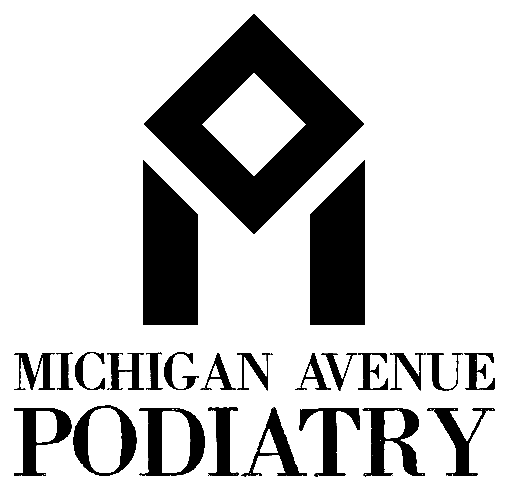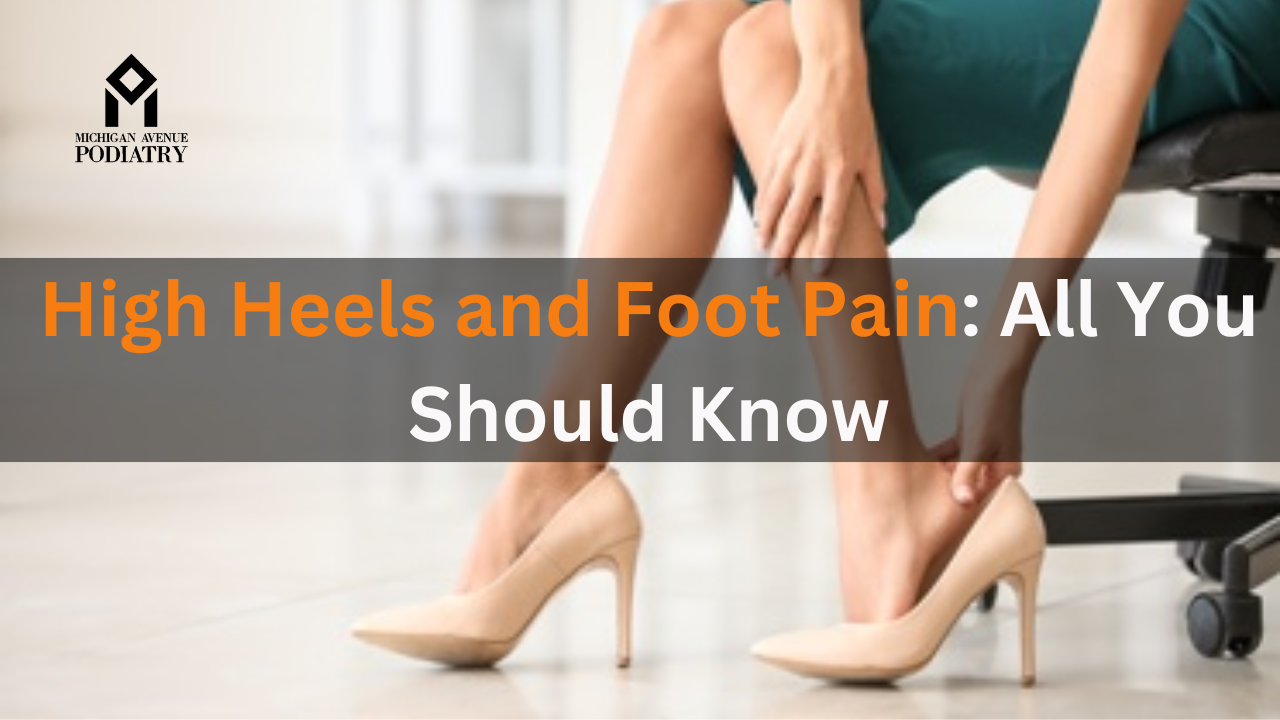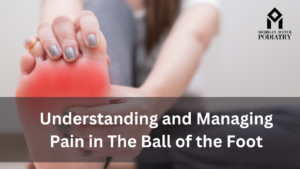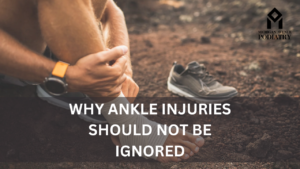High heels have long been synonymous with elegance, style, and sophistication. However, behind their glamorous facade lies a painful truth: prolonged wear of high heels can lead to a myriad of foot problems and discomfort. In this informative blog post, we’ll delve into the relationship between high heels and foot pain, exploring the causes, consequences, and potential solutions to this common issue. Additionally, we’ll discuss the role of podiatrists and chiropractors in addressing foot pain associated with high heel use.
Understanding High Heels and Foot Pain:
High heels are footwear characterized by elevated heels that place the foot in a position of plantar flexion, leading to increased pressure on the forefoot and altered biomechanics of the foot and ankle. While high heels may enhance the appearance of the legs and accentuate the silhouette, they can also contribute to a host of foot problems, including:
- Metatarsalgia: High heels can cause excessive pressure on the balls of the feet, leading to inflammation and pain in the metatarsal region.
- Bunions: Prolonged wear of high heels can exacerbate the development of bunions, which are bony protrusions that form at the base of the big toe joint.
- Plantar Fasciitis: The altered biomechanics of high heels can strain the plantar fascia, leading to inflammation and pain in the heel area.
- Achilles Tendonitis: High heels can shorten the Achilles tendon and increase tension on the calf muscles, increasing the risk of Achilles tendonitis.
- Ankle Instability: The elevated heel of high heels can destabilize the ankle joint, increasing the risk of ankle sprains and instability.
Consequences of Prolonged High Heel Use:
The consequences of prolonged high heel use extend beyond foot pain and discomfort. Chronic wearing of high heels can lead to structural changes in the foot and ankle, including:
- Muscle Imbalance: High heels can weaken certain muscles in the foot and lower leg while overworking others, leading to muscle imbalances and altered gait patterns.
- Joint Degeneration: The increased pressure and repetitive stress associated with high heels can accelerate joint degeneration and increase the risk of osteoarthritis in the foot and ankle joints.
- Postural Changes: High heels can alter the body’s natural alignment, leading to changes in posture, increased spinal curvature, and discomfort in the lower back and hips.
- Nerve Compression: Prolonged pressure on the forefoot can compress the nerves in the foot, leading to numbness, tingling, and neuropathic pain.
Addressing Foot Pain from High Heels:
- Choose Sensible Footwear: Opt for shoes with lower heels and wider toe boxes that provide adequate support and stability for the foot. Look for shoes with cushioned insoles, arch support, and ample room for the toes to move freely.
- Limit High Heel Use: Reserve high heels for special occasions or limited periods and alternate between high heels and flat shoes to give your feet a break.
- Stretch and Strengthen: Perform regular stretching and strengthening exercises for the feet and lower legs to improve flexibility, muscle strength, and joint mobility. Focus on exercises that target the calf muscles, Achilles tendon, and plantar fascia to counteract the effects of high heels.
- Seek Professional Help: If you’re experiencing persistent foot pain or discomfort from high heels, consult with a podiatrist or chiropractor for expert evaluation and treatment recommendations. Podiatrists specialize in diagnosing and treating foot and ankle conditions, while chiropractors focus on spinal alignment and musculoskeletal health. Together, they can provide comprehensive care to address the underlying causes of foot pain and promote optimal foot health.
Conclusion:
While high heels may be fashionable and flattering, they can also take a toll on foot health and contribute to chronic pain and discomfort. Understanding the relationship between high heels and foot pain is essential for making informed decisions about footwear choices and taking proactive steps to prevent or alleviate foot problems associated with high heel use. By choosing sensible footwear, limiting high-heel use, performing stretching and strengthening exercises, and seeking professional help when needed, you can mitigate the negative effects of high heels and maintain healthy, happy feet for years to come. Remember, your podiatrist and chiropractor are valuable resources for addressing foot pain and promoting overall foot health, so don’t hesitate to reach out if you’re experiencing foot discomfort from high heels or any other cause.




